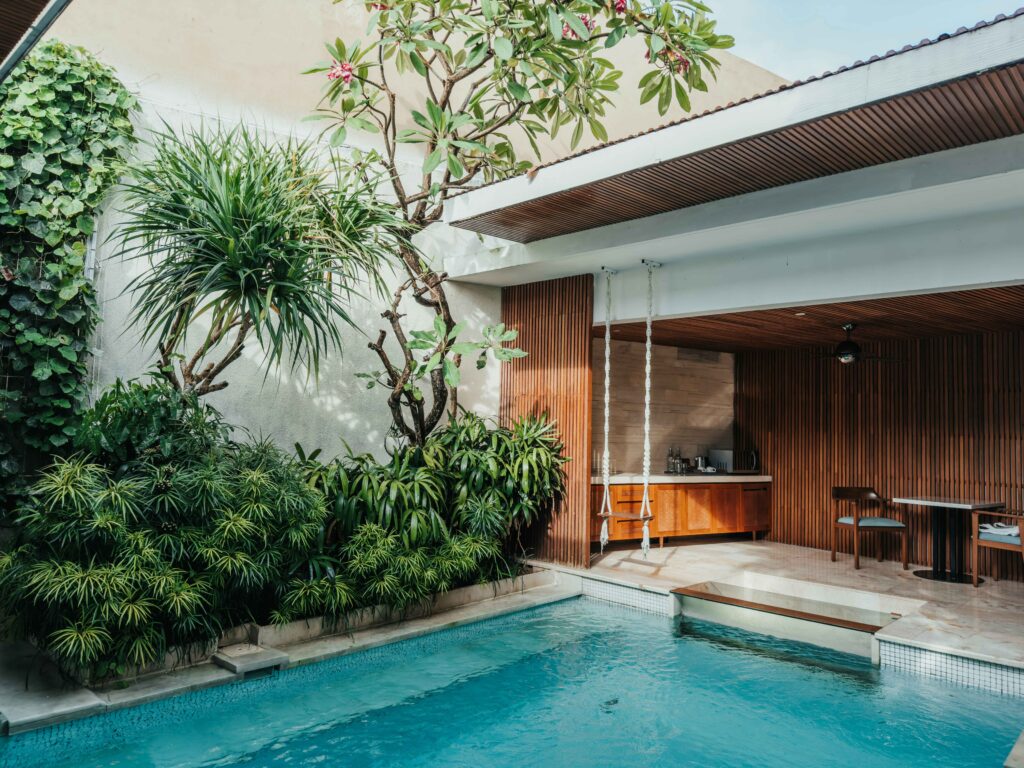Thailand’s idyllic beaches, warm weather, and attractive cost of living make it a top choice for overseas property investors. But one question we hear all the time is: Can foreigners legally buy property in Thailand?
The short answer is yes — with conditions. Foreigners are allowed to own certain types of property, but there are restrictions on land ownership. In this guide, we’ll break down the rules, your options, and how to buy property in Thailand safely.
What Can Foreigners Own in Thailand?
Condominiums – The Easiest Option
Under the Thai Condominium Act, foreigners can legally own condos in their name — as long as:
- Foreign ownership doesn’t exceed 49% of the total floor area in the building
- The funds are transferred from overseas in foreign currency
- You obtain a Foreign Exchange Transaction Form (FETF) for proof
This is the most straightforward and secure way for foreigners to invest in Thai property.

Leasehold Land – A Common Villa Ownership Model
Since foreigners can’t own land directly, many choose long-term leaseholds, especially for villas. You can lease land from a Thai national or developer, often structured as:
- 30 years registered lease
- Optional renewal clauses for up to 30+30 years
- Full ownership of the villa structure (but not the land)
This leasehold method is popular in places like Phuket, Koh Samui, and Hua Hin, where private villas are in high demand.
Company Ownership – Possible, But Risky
Some foreigners set up a Thai Limited Company with Thai shareholders to buy land. While this method is used, it has legal risks:
- Thai nationals must own more than 51%
- Must be a real business, not a shell company
- Nominee shareholder setups are illegal
If you’re considering this route, consult a property lawyer with deep experience in Thai corporate and land law.
Married to a Thai? Here’s What You Can Do
If you’re married to a Thai citizen, they can legally own land in their name. However:
- The land is registered under your spouse’s name only
- You must sign a declaration that the funds used are your spouse’s assets
- You can’t claim ownership of the land in the future
Many foreigners in this situation use leasehold or usufruct rights (right to use/live on the land) to protect their interests.
Other Legal Tools for Foreigners
- Usufruct: Gives you the right to use or live on land for up to 30 years (or life)
- Right of Superficies: Lets you own a building on someone else’s land
- Right of Habitation: Lets you stay in the house (non-transferable)
These are great options for long-term use without outright land ownership.
Important Legal Tips for Buyers
- Always hire a qualified property lawyer in Thailand
- Perform a title deed check at the Land Office
- Register long-term leases to make them legally binding
- Make all payments and contracts official and documented
- Don’t rely on verbal agreements or “off-the-record” deals
The Best Path for Foreign Buyers
Want to keep it simple? Buy a condo.
Want a villa lifestyle? Go for a leasehold with proper contracts.
Investing long-term or for rental returns? Work with a professional to structure it right.
Final Thoughts
Foreigners can buy property in Thailand, but not land directly. The key is understanding the legal workarounds — and doing it the right way. Whether you choose a beachfront condo in Phuket or a peaceful villa in Koh Samui, there are secure options available.
🏡 Need expert help? Inter Property Phuket and Inter Property Koh Samui assist foreign buyers with safe, transparent property ownership strategies, from leasehold villas to condo investments.



